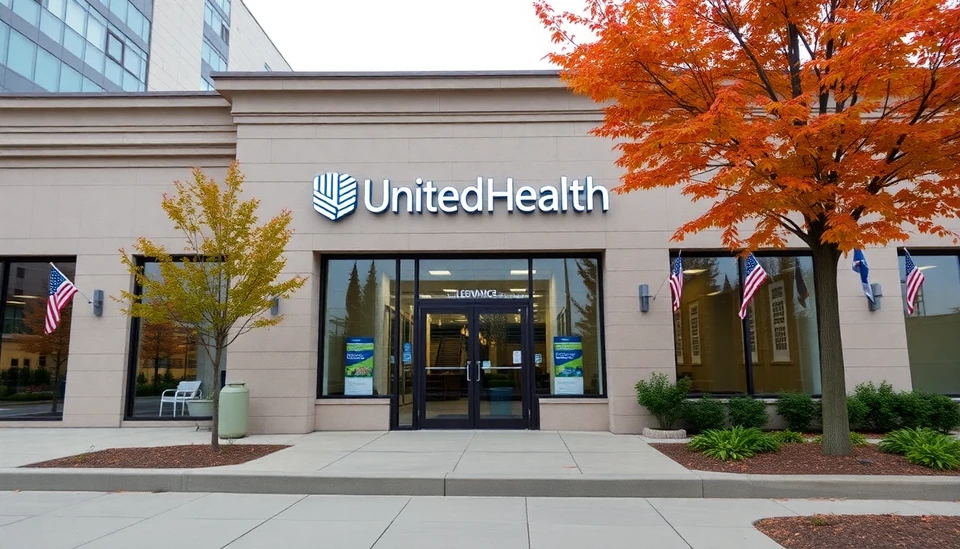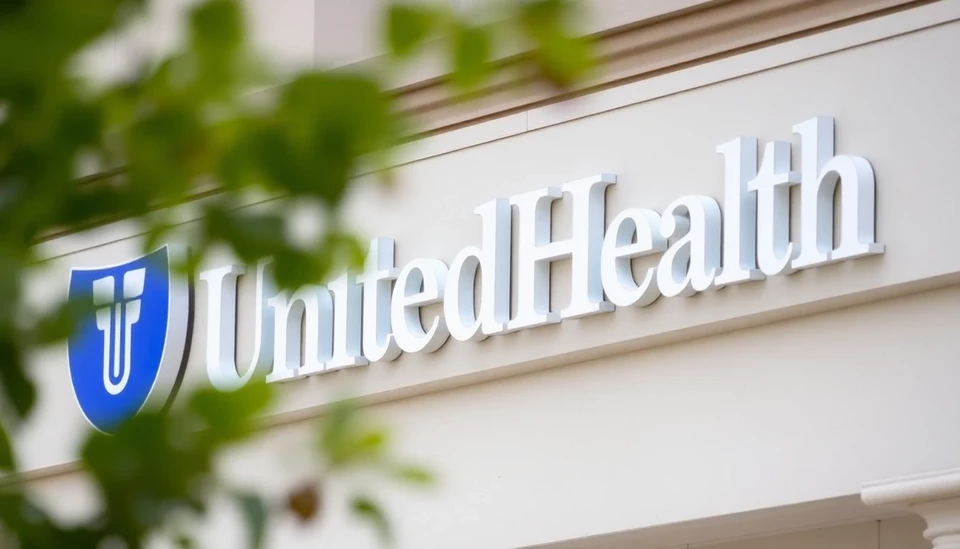
In a significant shift in pharmaceutical reimbursement strategy, UnitedHealth Group announced plans to bolster the payments it offers to pharmacies for brand-name medications. This decision comes amidst increasing scrutiny of drug prices and the rising costs of healthcare in the United States.
As part of this new policy, which is set to take effect in early 2025, UnitedHealth aims to address the ongoing challenges faced by pharmacies, which have often struggled to maintain profitability in the face of soaring drug costs and narrow margins. This strategy seeks to create a more favorable financial environment for pharmacies, encouraging them to continue providing essential medications to patients while also ensuring they remain viable businesses.
This decision is particularly timely and relevant, given the current landscape of the pharmaceutical industry, which has been characterized by escalating prices for prescription drugs and public demand for reform. UnitedHealth's announcement is likely to resonate well with both pharmacies and consumers who are feeling the pressure of high drug costs.
According to industry analysts, this move by UnitedHealth could potentially lead to a recalibration of the reimbursement practices across the health insurance sector, as other insurers may follow suit in response to growing public and market pressures. By increasing reimbursements for brand-name drugs, UnitedHealth is positioning itself as a forward-thinking player that acknowledges the economic realities of both the pharmacy sector and the patients who rely on these medications.
Furthermore, the decision aligns with ongoing discussions in Congress about reducing drug prices and improving access to necessary treatments for patients. As lawmakers and various stakeholders continue to push for policy changes aimed at curbing exorbitant pricing in the pharmaceutical market, UnitedHealth's proactive approach may provide a template for other healthcare providers and insurers to evaluate their own strategies regarding drug reimbursements.
Overall, this change not only reflects UnitedHealth's commitment to supporting local pharmacies and improving patient access to prescription medications but may also serve as a catalyst for broader systemic changes within the healthcare landscape. As the implementation date approaches, many are watching closely to see how this decision will impact both pharmacies and consumers in the coming years.
With the pharmaceutical industry in flux, the consequences of UnitedHealth's enhanced reimbursement policy should be closely monitored as part of the evolving narrative on drug pricing and healthcare accessibility in America.
#UnitedHealth #PharmacyReimbursement #BrandNameDrugs #HealthcareCosts #PrescriptionDrugPrices
Author: John Harris




